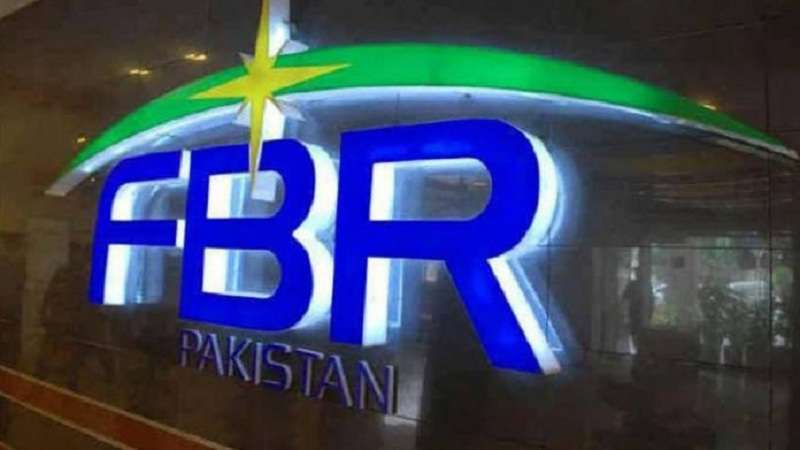ISLAMABAD: The Federal Board of Revenue (FBR) has revised the valuation of steel products to facilitate increased sales tax collection on the supply of this crucial commodity.
The adjustment, detailed in SRO 501(I)/2023 dated April 20, 2023, highlights adjustments in the minimum values of locally produced steel goods.
The new minimum values, effective immediately, mark a notable increase across various steel products. The revised valuations are as follows:
1. Steel bars and other long profiles: Increased to Rs225,000 per metric ton from Rs164,037 per metric ton.
2. Steel billets: Revised to Rs195,000 per metric ton from Rs133,813 per metric ton.
3. Steel Ingots/bala: Adjusted to Rs180,000 per metric ton from Rs126,000 per metric ton.
4. Ship plates: Set at Rs172,000 per metric ton, up from Rs129,584 per metric ton.
5. Other re-rollable iron and steel scrap: Increased to Rs160,000 per metric ton from Rs125,688 per metric ton.
6. Re-meltable iron and steel scrap (72.04): Fixed at Rs155,000.
The FBR has clarified that if the actual value of supply surpasses the newly set minimum values, sales tax will be levied on the higher value. While this move is anticipated to enhance revenue collection from the steel sector, there are concerns that it may also lead to an escalation in the cost of steel products for consumers.
The decision to increase the valuation of steel products is part of the government’s broader strategy to augment revenue streams. By adjusting the minimum values, the FBR aims to ensure that sales tax accurately reflects the current market dynamics, providing a fair and effective mechanism for revenue generation.
The steel sector, a critical component of Pakistan’s industrial landscape, plays a pivotal role in infrastructure development and construction projects. The FBR’s move is expected to bolster the government’s revenue collection efforts, providing additional resources for public projects and economic initiatives.
However, industry stakeholders and consumers alike are expressing concerns over the potential ramifications of this decision. The increase in minimum values may lead to a hike in the cost of steel products, impacting construction projects and various sectors dependent on steel inputs. Additionally, this adjustment may have a trickle-down effect on the overall cost of living for consumers.
The FBR’s move underscores the delicate balance between revenue generation and economic considerations. While the government seeks to enhance its fiscal capabilities, it must also navigate the potential repercussions on businesses and consumers. Striking this balance is crucial for sustaining economic growth and ensuring that necessary commodities like steel remain accessible and affordable for various sectors.
As the new valuations come into effect, industry participants will be closely monitoring the impact on the steel sector and the broader economy. The success of this measure will depend on its ability to achieve the dual objectives of revenue enhancement and economic sustainability.
